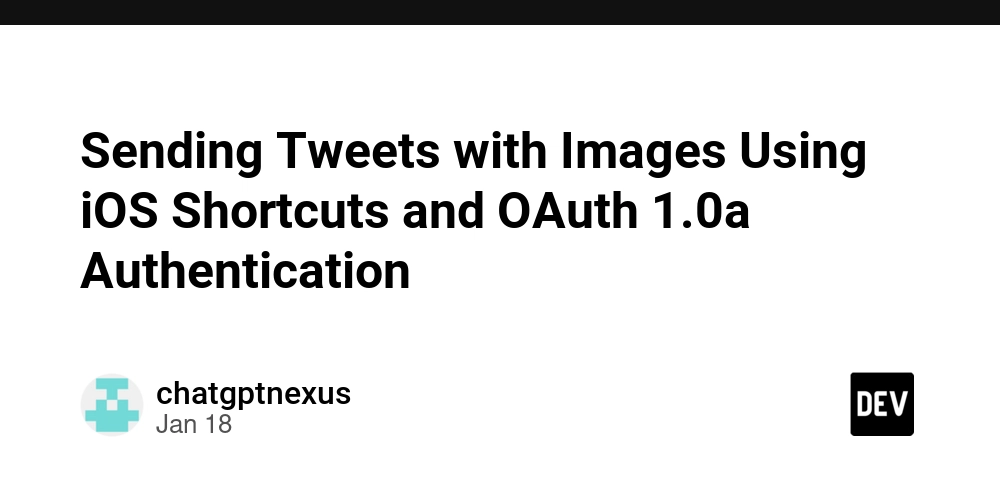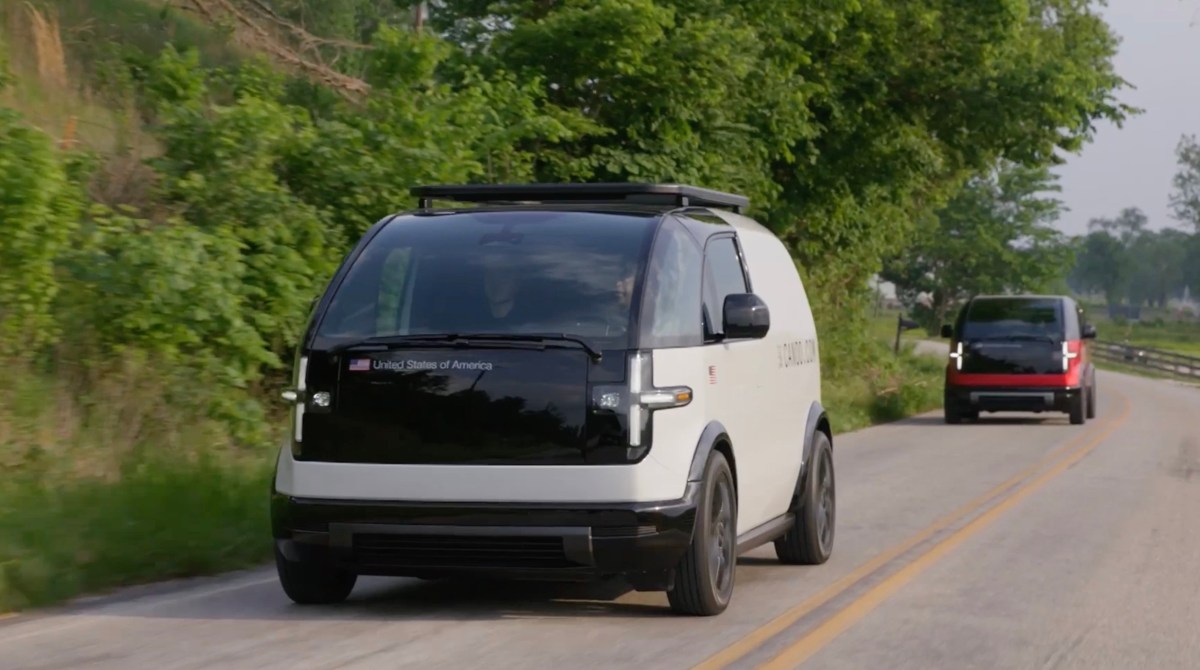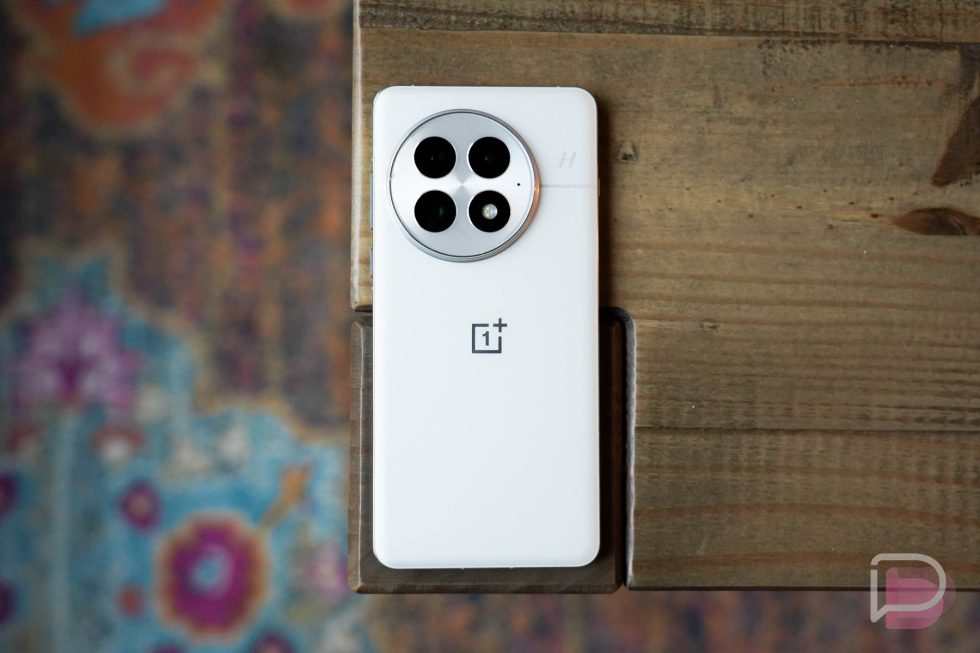Supreme Court upholds TikTok ban law
Image: Cath Virginia / The Verge, Getty Images The Supreme Court ruled that the law that could oust TikTok from the US unless Chinese parent company ByteDance sells it is constitutional as applied to the company. The ruling means that TikTok is still on track to be banned in the US on January 19th, unless President Joe Biden extends the deadline or ByteDance manages to sell the company in time. The Biden administration now appears poised to hold off on enforcement and leave it to the next administration, once Trump is sworn in on Monday — though even that promise might not be enough to overcome the risk service providers like Apple, Google, and Oracle could face if they choose not to comply with the law by continuing to service TikTok once the ban technically takes effect. President-elect Donald Trump has said he’d try to save the app, though it’s not clear how — and he won’t be sworn into office until a day after the sale deadline. The app won’t just disappear from users’ phones, but TikTok has reportedly planned to go beyond the law’s requirements and go dark should the ban be upheld. There are some buyers waiting in the wings for this ruling, hoping it will change ByteDance’s calculus on a sale. Billionaire Frank McCourt’s Project Liberty, for example, wants to buy the app without the algorithm to run on its own social network protocol. But it’s still not clear if China would allow a sale, even without the coveted algorithm — perhaps betting that the US will eventually relent or that it can continue to thrive in other countries around the world. Still, reports this week indicate that might be starting to change, as unnamed sources told several outlets that Chinese officials were mulling the idea of getting billionaire Elon Musk to either act as a buyer or broker of a potential deal. The case pitted free expression and national security concerns against one another. The justices heard oral arguments in the case last Friday, where lawyers for TikTok and a group of creators on the platform described why they believe the law would violate the First Amendment. The US government defended the law, which was passed overwhelmingly by Congress and signed by Biden, as important to national security. This story is developing.
/cdn.vox-cdn.com/uploads/chorus_asset/file/25826021/STK051_TIKTOKBAN_STK463_SCOTUS__CVirginia_D.jpg)

The Supreme Court ruled that the law that could oust TikTok from the US unless Chinese parent company ByteDance sells it is constitutional as applied to the company.
The ruling means that TikTok is still on track to be banned in the US on January 19th, unless President Joe Biden extends the deadline or ByteDance manages to sell the company in time. The Biden administration now appears poised to hold off on enforcement and leave it to the next administration, once Trump is sworn in on Monday — though even that promise might not be enough to overcome the risk service providers like Apple, Google, and Oracle could face if they choose not to comply with the law by continuing to service TikTok once the ban technically takes effect.
President-elect Donald Trump has said he’d try to save the app, though it’s not clear how — and he won’t be sworn into office until a day after the sale deadline. The app won’t just disappear from users’ phones, but TikTok has reportedly planned to go beyond the law’s requirements and go dark should the ban be upheld.
There are some buyers waiting in the wings for this ruling, hoping it will change ByteDance’s calculus on a sale. Billionaire Frank McCourt’s Project Liberty, for example, wants to buy the app without the algorithm to run on its own social network protocol. But it’s still not clear if China would allow a sale, even without the coveted algorithm — perhaps betting that the US will eventually relent or that it can continue to thrive in other countries around the world. Still, reports this week indicate that might be starting to change, as unnamed sources told several outlets that Chinese officials were mulling the idea of getting billionaire Elon Musk to either act as a buyer or broker of a potential deal.
The case pitted free expression and national security concerns against one another. The justices heard oral arguments in the case last Friday, where lawyers for TikTok and a group of creators on the platform described why they believe the law would violate the First Amendment. The US government defended the law, which was passed overwhelmingly by Congress and signed by Biden, as important to national security.
This story is developing.









/cdn.vox-cdn.com/uploads/chorus_asset/file/25530683/Screenshot_2024_07_14_at_6.17.45_PM.png)
/cdn.vox-cdn.com/uploads/chorus_asset/file/25829977/STK051_TIKTOKBAN_B_CVirginia_C.jpg)









